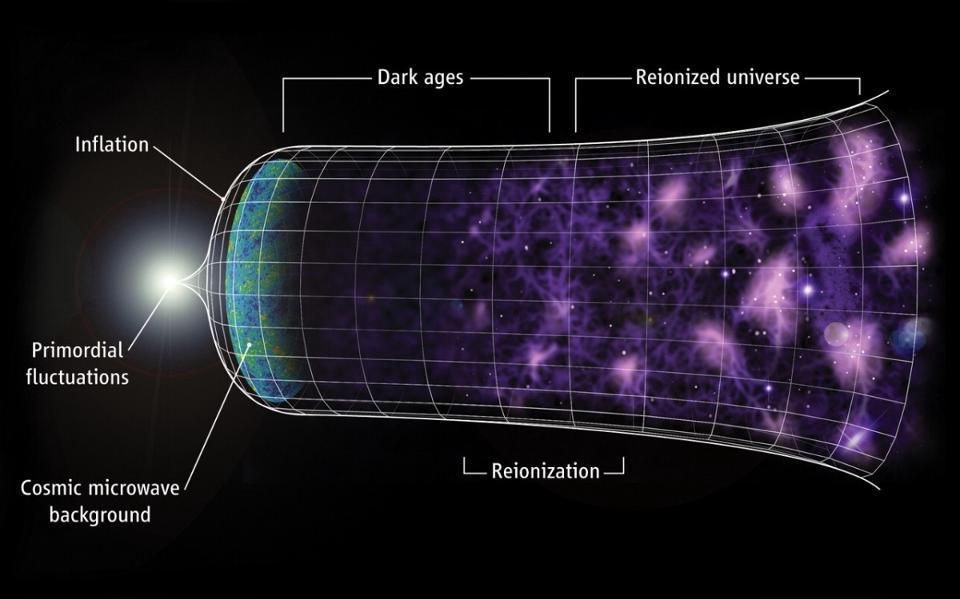Cosmology’s Biggest Conundrum Is A Clue, Not A Controversy

The expanding Universe, full of galaxies and the complex structure we observe today, arose from a smaller, hotter, denser, more uniform state. It took thousands of scientists working for hundreds of years for us to arrive at this picture, and yet the lack of a consensus on what the expansion rate actually is tells us that either something is dreadfully wrong, we have an unidentified error somewhere, or there’s a new scientific revolution just on the horizon. (C. FAUCHER-GIGUÈRE, A. LIDZ, AND L. HERNQUIST, SCIENCE 319, 5859 (47))
How fast is the Universe expanding? The results might be pointing to something incredible.
Ethan Siegel May 10, 2019
If you want to know how something in the Universe works, all you need to do is figure out how some measurable quantity will give you the necessary information, go out and measure it, and draw your conclusions. Sure, there will be biases and errors, along with other confounding factors, and they might lead you astray if you’re not careful. The antidote for that? Make as many independent measurements as you can, using as many different techniques as you can, to determine those natural properties as robustly as possible.
If you’re doing everything right, every one of your methods will converge on the same answer, and there will be no ambiguity. If one measurement or technique is off, the others will point you in the right direction. But when we try to apply this technique to the expanding Universe, a puzzle arises: we get one of two answers, and they’re not compatible with each other. It’s cosmology’s biggest conundrum, and it might be just the clue we need to unlock the biggest mysteries about our existence.
See full text